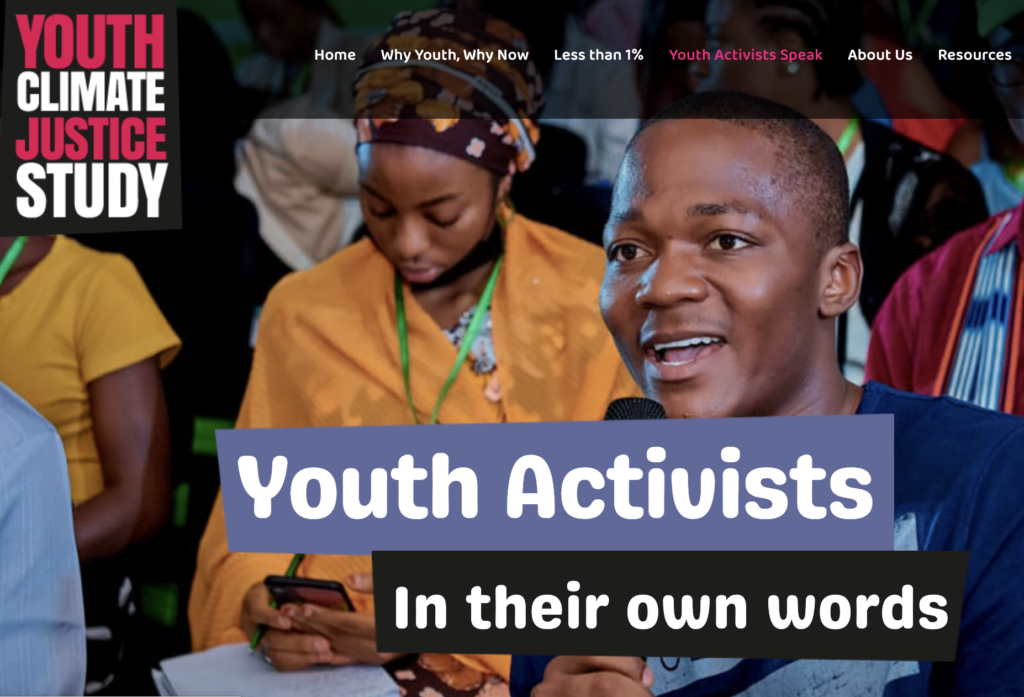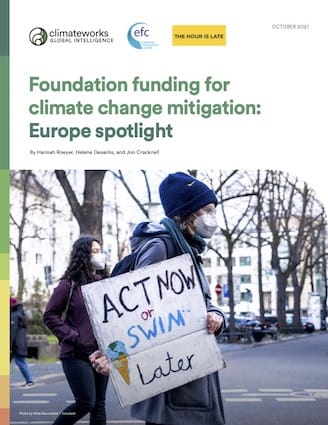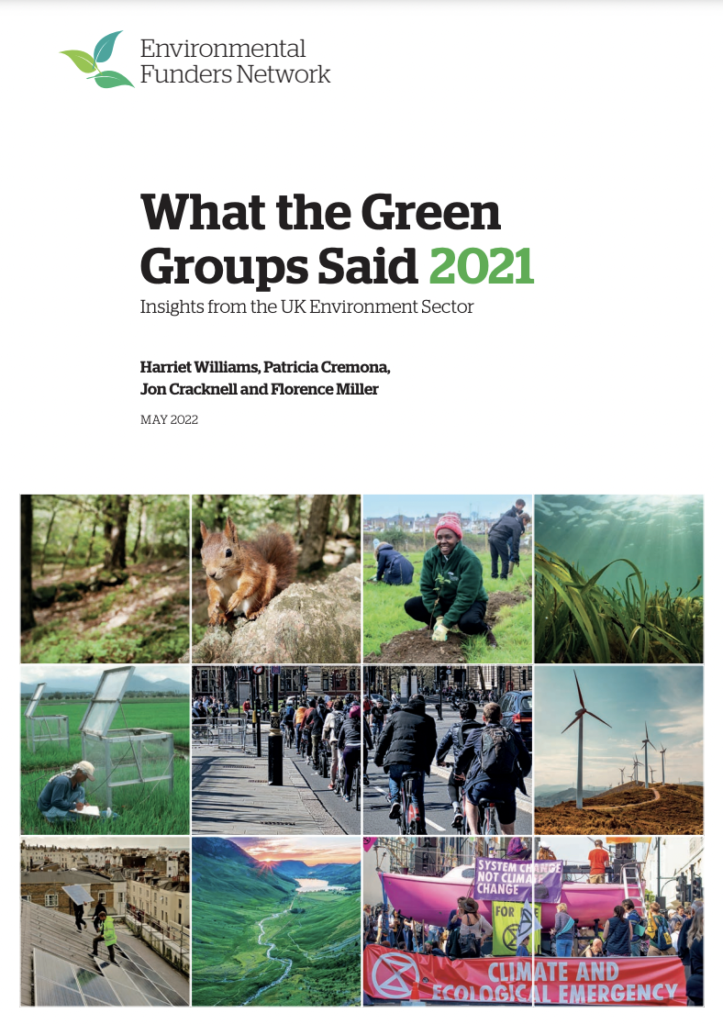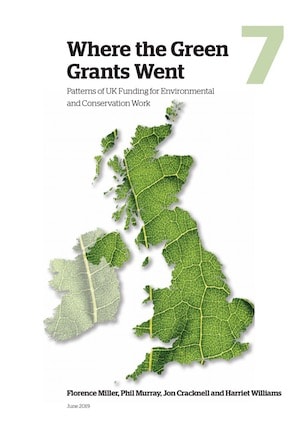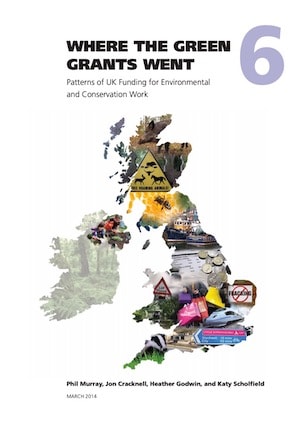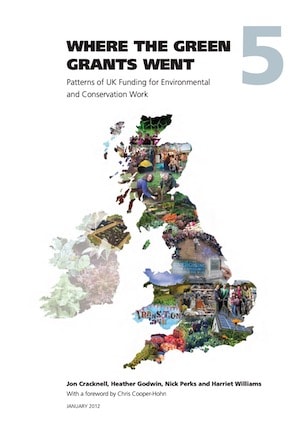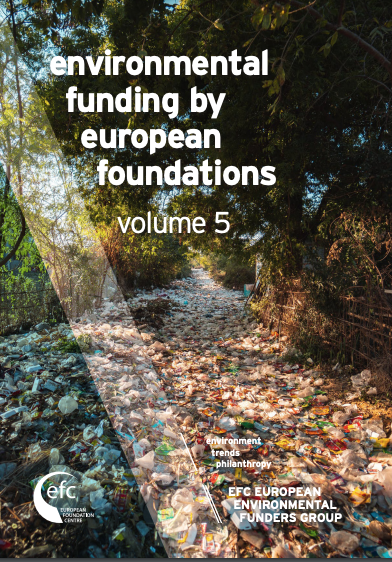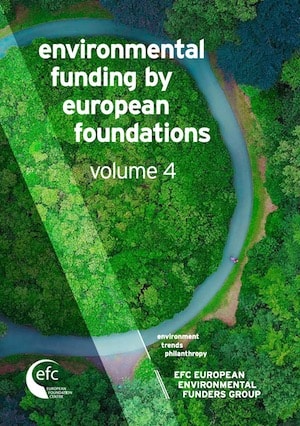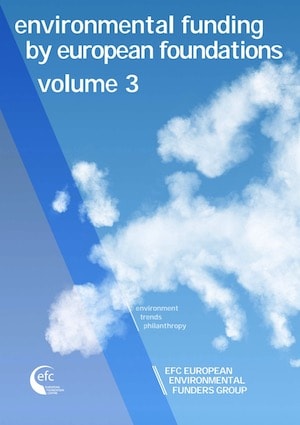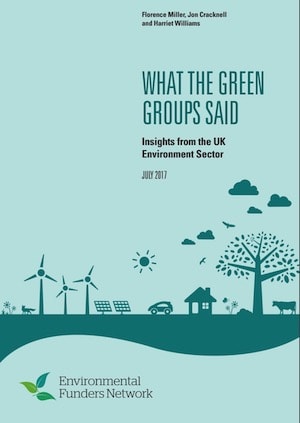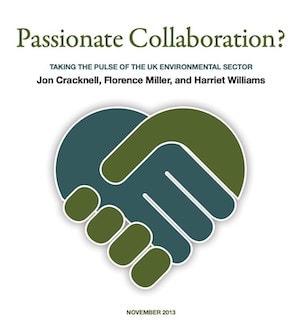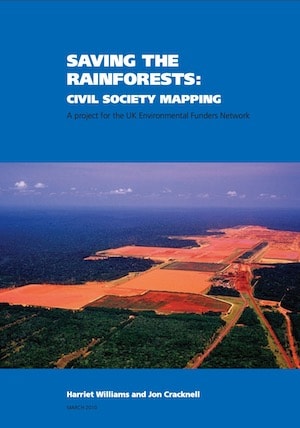Working with colleagues we have undertaken extensive research relating to philanthropic grant-making, and have used the findings to inform the discussion about how funders can increase their impact.
Over the years we have analysed more than 44,000 environmental grants, with a total value of more than £3.4 billion.
This research has given us a thorough understanding of the supply side of the philanthropic grants market. (Some examples are listed below).
We have also studied the demand side of the market, running multiple surveys and research projects to assess capacity gaps in social movements. (See examples below). We have carried out comparative research in the UK, across Europe, in the United States, and in Israel.
We speak to civil society changemakers about the precise nature of the opportunities and barriers they face, and assess the role of good (and bad) grantmaking practice in supporting social movements.
We reflect these insights back to grantmakers, and in this way have deepened the dialogue between funders and the movements they support.
Much of our demand side research remains unpublished, since the findings would be helpful to organisations seeking to defend the status quo.
Recent research
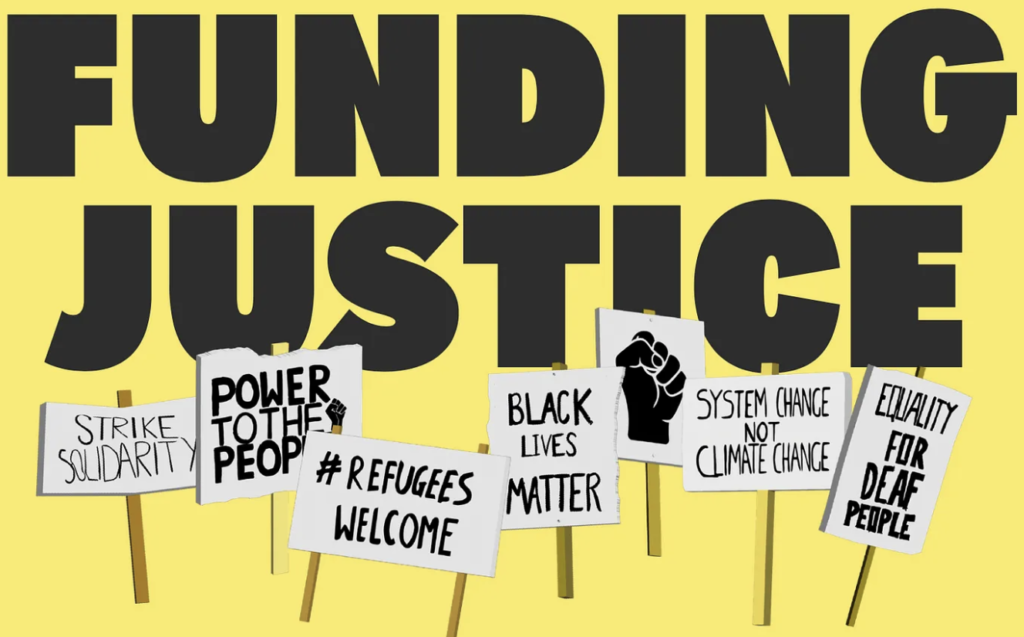
The Hour Is Late joined forces with the Civic Power Fund for this second edition of our ground-breaking analysis of UK social justice grant-making. The team looked at 18,816 grants from 60 funders, worth over £950m. Among other key takeaways, the report found that funding to challenge injustice is scarce, amounting to 5.7% of UK foundation giving, with most of these funds going to service delivery and ‘inside track’ policy- or legal-oriented work. By contrast, just 0.3% of UK foundation giving was recorded for ‘outside game’ approaches like community organising, even though these are a vital part of building power among the people and places most affected by social justice issues.
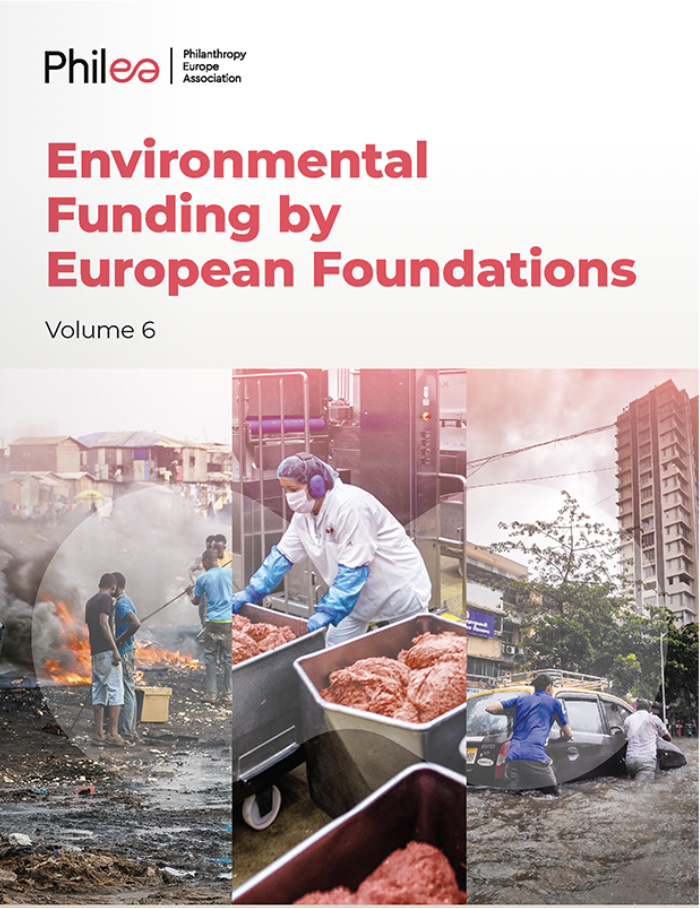
Continued growth in Europe’s environmental grants market
The most comprehensive overview of European environmental philanthropy to date, this report analyses over 8,500 grants made by 126 foundations in 2021, worth a total €1.6 billion – more than double the value of grants analysed in the previous edition of this research. The report analyses the breakdown of these grants across different geographies, themes and approaches to change. It concludes with issues for foundations to consider as the world reckons with the current environmental and climate crisis.
Funding for youth-led climate justice action
Commissioned by a group of youth climate leaders and supported by the Children’s Investment Fund Foundation, this study describes the many ways in which young people are reshaping climate policy, campaigns and narratives. Drawing on ClimateWorks Foundation data, it reveals the very limited amounts of funding available to youth-led climate action now, and calls for funders to enact more youth-friendly grantmaking practices, as well as increasing the level of financial support available to these important social movements.
ClimateWorks Foundation report
This detailed assessment of climate change funding by European foundations reports on more than 6,200 grants, including those made by some of the world’s largest philanthropic funders. Grants are categorised by the country they benefit and by 75 different strategies for mitigating climate change.
UK environment sector survey
Part of an ongoing research series by the Environmental Funders Network, this report is based on a wide-ranging survey of UK environmental groups, conducted in late 2021. The findings offer insight into the sector’s priorities, strategies and successes, with a special focus on how it approaches collaboration, communications, diversity, equity and inclusion. The report also frames practical discussion points back to environmental funders, relating to key challenges, opportunities and funding gaps.
